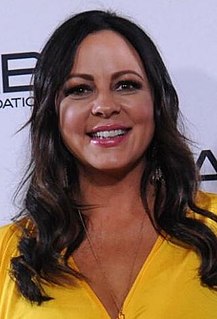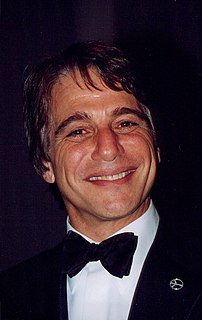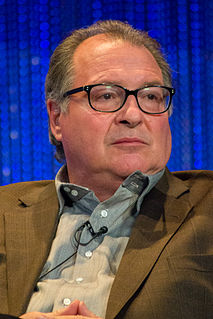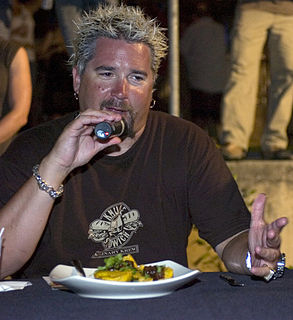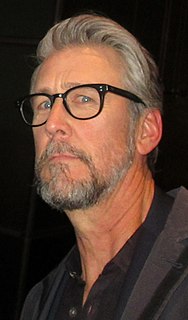A Quote by Jack Canfield
I started out as a high school teacher in inner-city Chicago and realized quite quickly that my students weren't that motivated.
Related Quotes
I started as a GED instructor, I created my own GED program, and I realized that a lot of young people that don’t do well academically. It’s not that they don’t have the competency to do it or the skill set to do it; it’s just that they weren’t motivated to learn. They weren’t interested in school, so I started just talking to students and just really going in on them like, “Yo, this is life or death.”
As a former high school teacher and a student in a class of 60 urchins at St. Brigid's grammar school, I know that education is all about discipline and motivation. Disadvantaged students need extra attention, a stable school environment, and enough teacher creativity to stimulate their imaginations. Those things are not expensive.
I flunked my exam for university two times before I was accepted by what was considered my city's worst university, Hangzhou Teachers University. I was studying to be a high school English teacher. In my university, I was elected student chairman and later became chairman of the city's Students Federation.
When the students were asked to identify their race on a pretest questionnaire, that simple act was sufficient to prime them with all the negative stereotypes associated with African Americans and academic achievement. If a white student from a prestigious private high school gets a higher SAT score than a black student from an inner-city school, is it because she’s truly a better student, or is it because to be white and to attend a prestigious high school is to be constantly primed with the idea of “smart”?
Think, for a moment, about our educational ladder.
We've strengthened the steps lifting students from elementary school to junior high, and those from junior high to high school.
But, that critical step taking students from high school into adulthood is badly broken. And it can no longer support the weight it must bear.
By junior high, I was a horrible student. But during my sophomore year of high school, I did have a fabulous English teacher, and I would go to school just for her class and then skip out afterwards. That's actually when I started writing, although I didn't think of it then as something I might someday do.
I had a fantastic teacher in high school. I had one of those guys you dream of having, who molds your life and inspires you to go in a particular direction, and he was quite brilliant. His name was Cecil Pickett, and a lot of the kids from my high-school drama class are in professional show business and have done quite well.

